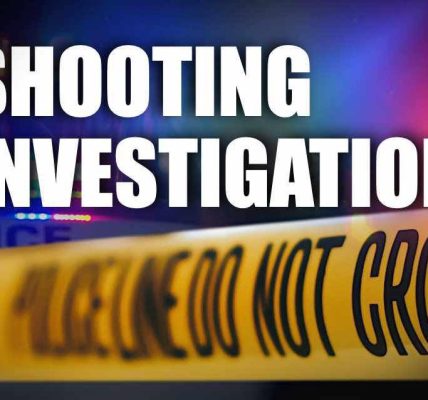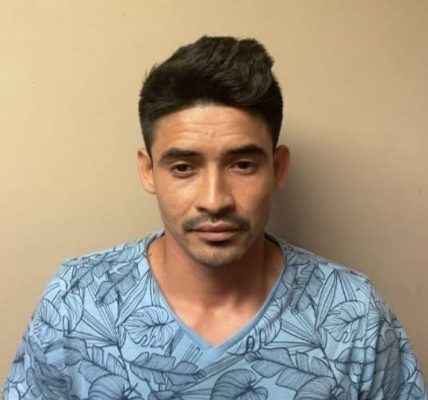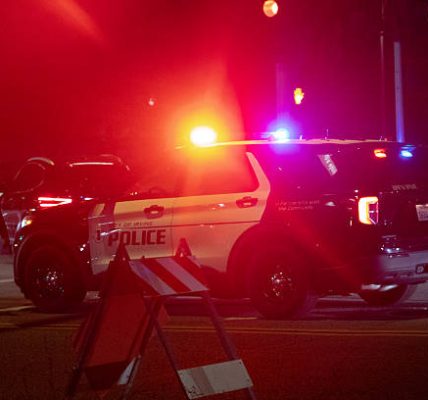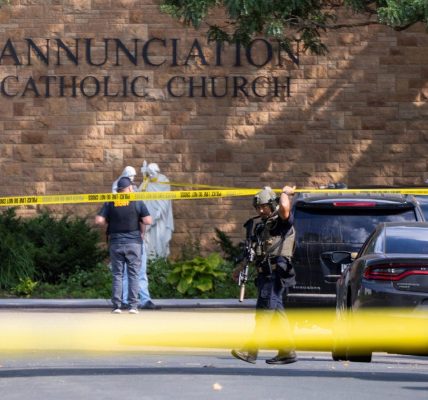In the early hours of a crisp September morning in 2024, chaos erupted at Emory Point, a vibrant mixed-use complex just a stone’s throw from Emory University’s Atlanta campus. A shooting incident sent shockwaves through the community, prompting a swift “police emergency” alert from the university at 8:21 a.m. The alert urged students and residents to avoid the area, as whispers of an active shooter spread like wildfire across social media. Amid the frenzy, a name surfaced: Silas Kruger, an Emory University student, was falsely accused of being the gunman who opened fire at a restaurant in the Emory Point complex, with some claiming he targeted the nearby Centers for Disease Control and Prevention (CDC) building. But as the dust settled, a different story emerged—one of misinformation, harassment, and a family’s desperate plea to set the record straight.
The incident began with a heated dispute between two coworkers at a restaurant in Emory Point, a bustling hub of shops, apartments, and eateries less than a mile from Emory’s main campus. According to the Emory Police Department (EPD), one employee, a 59-year-old man named Daniel Clark, escalated the argument by retrieving a firearm from his vehicle. Returning to the kitchen, he fired a shot at his colleague, narrowly missing, before brandishing the weapon at another coworker and fleeing the scene in a silver 2021 Chevrolet Malibu. The sound of gunfire and the ensuing panic sent residents and students, like Emory student Neil Pasawala, scrambling for safety. Pasawala described waking to screams and witnessing chaos as people fled, though, miraculously, no one was injured.
The Emory Police Department responded with remarkable speed, issuing an all-clear by 8:45 a.m. after confirming the suspect had left the area. By the following day, September 20, 2024, authorities apprehended Daniel Clark, charging him with aggravated assault, possession of a weapon during a crime, possession of a weapon in a school safety zone, and possession of a weapon by a convicted felon. Clark, now banned from all Emory properties, was no longer a threat, but the incident left a lingering unease in the community. Witnesses, like visitor Jennifer Lee, noted the smell of gunpowder and the palpable tension in the air, tempered by relief that no lives were lost.
As the investigation unfolded, social media platforms became a breeding ground for speculation. Posts on X falsely identified Silas Kruger, a Canadian student at Emory University, as the shooter, with some claiming he was motivated by anti-vaccine sentiments and targeted the CDC. These rumors spread rapidly, fueled by misinformation and a lack of verified details. Some posts even claimed Kruger had died, either by suicide or in a confrontation with police, and that an officer had been killed—a narrative entirely detached from reality. The truth, however, was far less sensational.
Silas Kruger’s mother, speaking from their home in Canada, issued a heartfelt statement to the *Hindustan Times*, vehemently denying the accusations. “We have people that have been harassing my son (Silas Kruger) online, but we live in Canada. They have been spreading false information about him online for years,” she wrote. Kruger, the son of a well-known contractor with a significant Instagram following under the handle @krugerconstruction, was not involved in the shooting. Atlanta police have not linked him to the incident, and the EPD’s investigation points solely to Daniel Clark as the perpetrator. The false claims against Kruger appear to stem from a toxic mix of online harassment and unchecked rumors, amplified by the anonymity of platforms like X.
The Emory community, still reeling from the incident, grappled with the broader implications of misinformation. Students on Fizz, a social media platform popular among Emory students, expressed confusion and frustration, with posts garnering thousands of upvotes as they sought clarity about the emergency. The university, in a statement from EPD Chief Burt Buchtinec, emphasized its commitment to safety and offered resources to support those shaken by the event. “I realize that this morning’s incident may have been upsetting and stressful,” Buchtinec wrote, urging the community to rely on verified information rather than social media speculation.
This was not the first time Emory faced a scare involving false reports. In May 2022, a lockdown was triggered by a mistaken report of an “active shooter” on campus, later clarified as a possible armed subject at nearby Druid Hills High School. The incident underscored the challenges of managing real-time information during crises, a lesson that resonates in the wake of the Emory Point shooting.
The story of Silas Kruger and the Emory University shooting is a stark reminder of the power and peril of information in the digital age. A single false claim can ripple across platforms, tarnishing reputations and fueling harassment, as Kruger’s family tragically experienced. Meanwhile, the real incident—a workplace dispute turned violent—highlights the unpredictable nature of conflict and the importance of swift, transparent communication. As Atlanta police continue their investigation, the Emory community is left to reflect on resilience, truth, and the fragile line between perception and reality. For Silas Kruger and his family, the fight to reclaim his name from the shadows of misinformation continues, a poignant chapter in a story that began with a single, errant shot.




